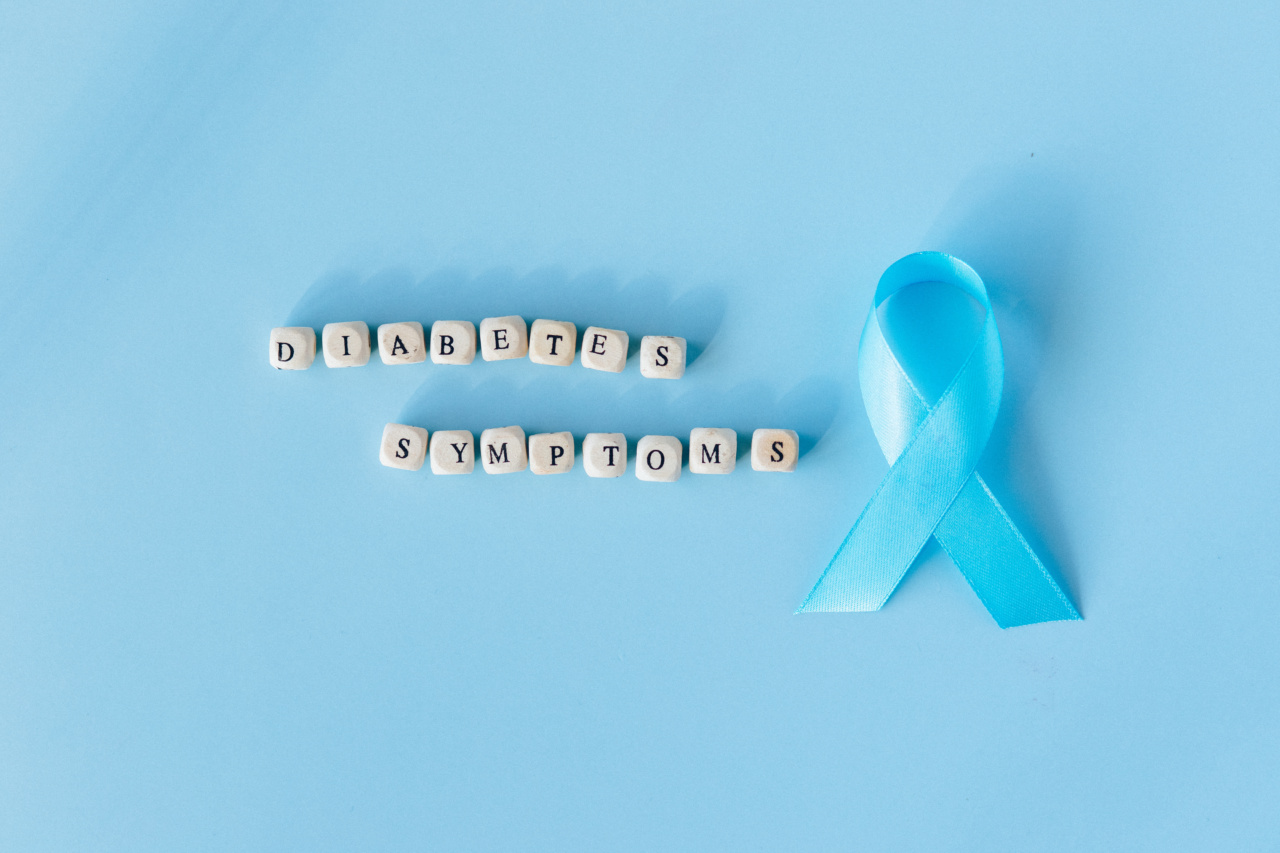Food intolerance, also known as non-allergic food hypersensitivity, occurs when the body has difficulty digesting certain foods.
Unlike food allergies, food intolerance does not involve the immune system and does not trigger an immediate allergic reaction. However, it can still cause a variety of unpleasant symptoms that can greatly impact a person’s quality of life. In this article, we will explore common food intolerance symptoms and provide tips on how to manage them effectively.
Identifying Food Intolerance
Identifying the specific foods that trigger intolerance symptoms can be challenging, as the symptoms may not appear immediately after consumption.
It is important to keep a detailed food diary, documenting everything you eat and any associated symptoms that occur. This can help identify patterns and potential trigger foods.
Common Food Intolerance Symptoms
Food intolerance symptoms can vary from person to person and can manifest in different ways. Here are some common signs to look out for:.
1. Digestive Issues
One of the most common symptoms of food intolerance is digestive problems. These can include bloating, gas, abdominal pain, diarrhea, and constipation. These symptoms typically occur after consuming trigger foods and can last for several hours.
2. Headaches and Migraines
Some individuals may experience frequent headaches or migraines as a result of food intolerance. These headaches are typically throbbing in nature and can be accompanied by other symptoms such as nausea or dizziness.
3. Skin Problems
Food intolerance can also manifest on the skin, leading to various skin problems. These can include rashes, hives, eczema, and itching. Skin reactions may take some time to appear after consuming triggering foods.
4. Fatigue and Lack of Energy
Feeling fatigued or lacking energy can be another indication of food intolerance. Certain foods can cause an immune response in the body, leading to inflammation and feelings of fatigue or sluggishness.
5. Mood Changes
Food intolerance can have an impact on mood and mental well-being. It is not uncommon for individuals with food intolerances to experience irritability, anxiety, depression, or mood swings after consuming trigger foods.
Managing Food Intolerance
While food intolerance cannot be cured, there are several strategies and lifestyle changes that can help manage the symptoms effectively. Here are some tips:.
1. Elimination Diet
One of the most effective ways to manage food intolerance is by following an elimination diet.
This involves removing potential trigger foods from your diet for a period of time and then reintroducing them one at a time to determine which foods are causing symptoms. It is advisable to work with a healthcare professional or registered dietitian during this process to ensure nutritional adequacy.
2. Food Diary
Keeping a food diary can greatly assist in identifying trigger foods. Record everything you consume, including ingredients, and note any symptoms that occur. This will help you establish patterns and make connections between specific foods and symptoms.
3. Read Food Labels
Take the time to carefully read food labels and ingredient lists. Many food products contain hidden ingredients or potential allergens that may trigger intolerances. Avoiding these ingredients can help manage symptoms more effectively.
4. Consider Supplements
In some cases, certain supplements or digestive enzymes can aid in the digestion of trigger foods. Probiotics, for example, can help promote a healthy gut microbiome and improve digestion.
Always consult with a healthcare professional before starting any supplements.
5. Seek Support
Dealing with food intolerance can be challenging, both physically and emotionally. Seek support from friends, family, or support groups who can provide understanding and guidance during this journey.
Conclusion
Food intolerance symptoms can cause significant discomfort and impact your daily life. By identifying trigger foods and implementing management strategies, you can effectively reduce symptoms and improve your overall well-being.
Remember to consult with a healthcare professional or registered dietitian for personalized advice and guidance.




























